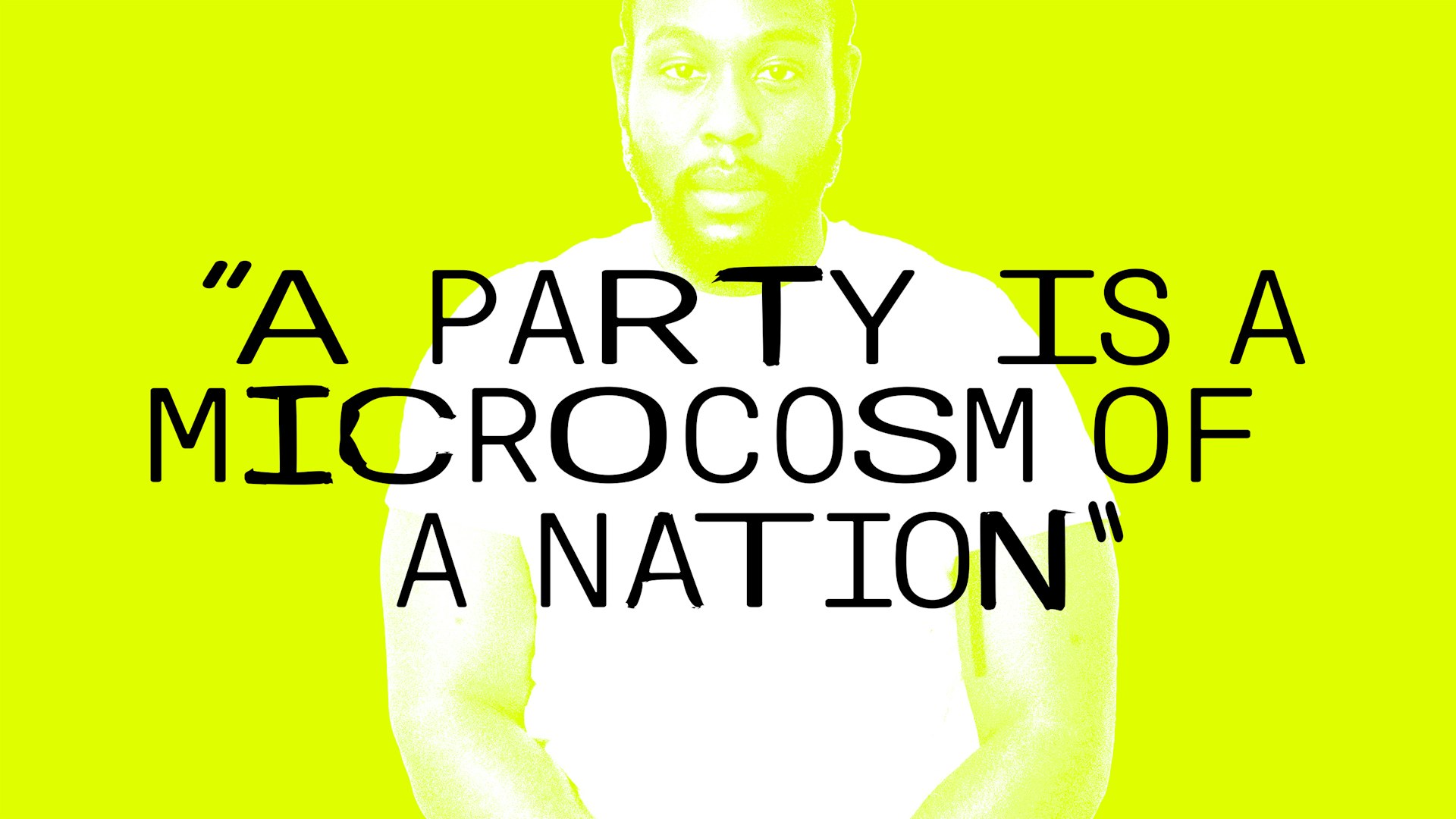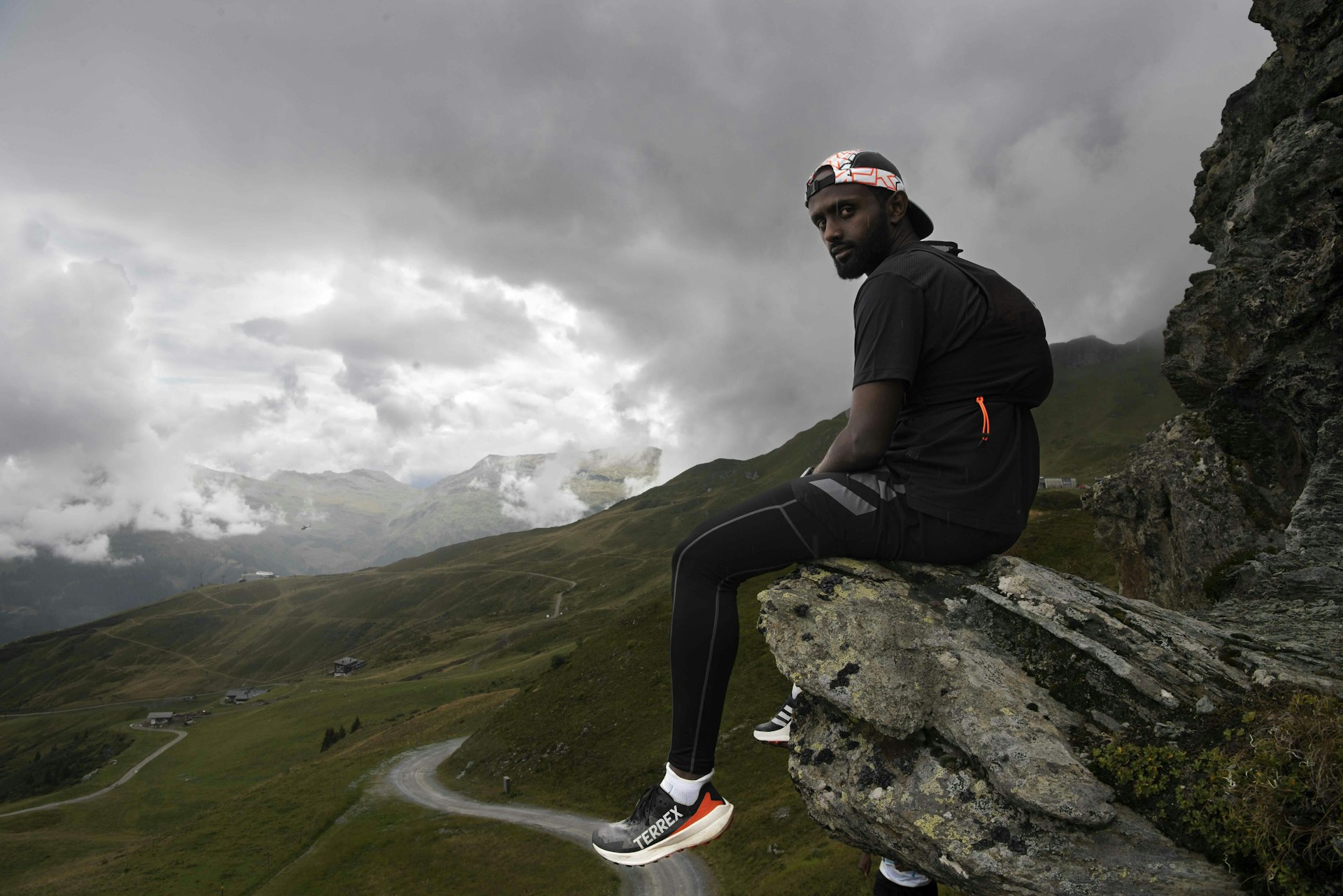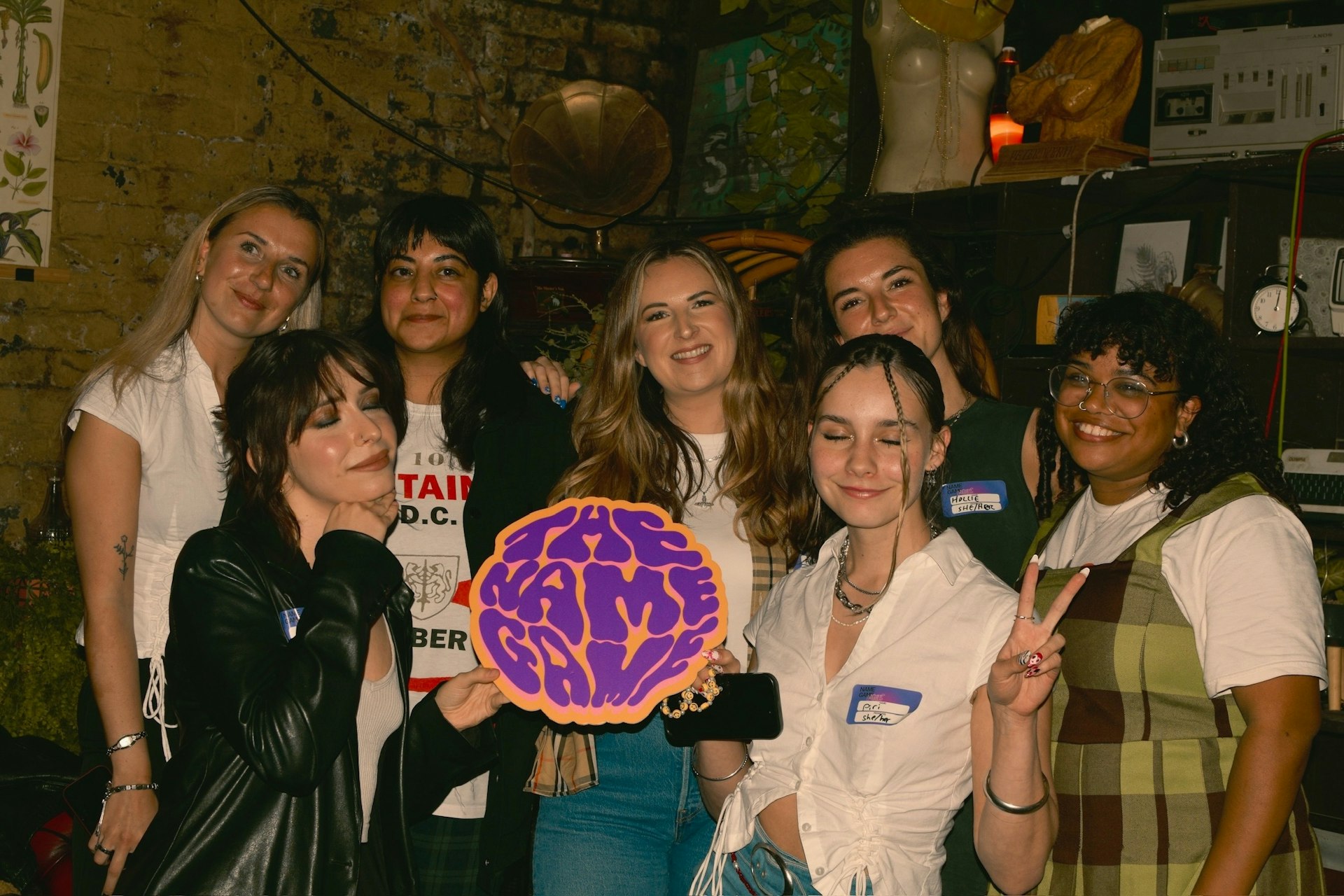Inside the UK’s most radical indie publishers
- Text by Kit Caless
- Illustrations by Simon Hayes

Radical doesn’t always have to be situated inside the content of the book. Radical can also mean the way a publisher operates or acts – the deeds, not the words. When Nigerian publishing house Cassava Republic set up an office in London in 2016, they performed a radical, transformative act: becoming the first African publisher to establish a subsidiary outside of the continent.
Cassava Republic publishes fiction, non-fiction and children’s books. Novels such as Elnathan John’s moving tale of religious extremism in northern Nigeria, Born On A Tuesday, and Petina Gappah’s story of an albino jailed for murder in a maximum security prison in Harare, The Book of Memory, are great examples of their intensely varied output.
Cassava states they want to change the way we all think about African writing. Expanding on this, Bibi Bakare-Yusuf, Cassava’s founder, says: “African writing is not a genre. It encapsulates different genres. I want African writing and writers to feel that they have the freedom to write whatever they want to write without feeling they have to represent a continent, or indeed think that there’s a truth out there waiting to be discovered and captured in words. I want to publish books that tell stories of their moment, as well as stories of the long expanse of an imagined past and unknown future. I want to see stories that play with content, form and language.”
Bibi started Cassava in 2006 in Abuja, Nigeria. As is common in many an independent publisher origin story, Bibi set up Cassava with no previous experience of the book industry, something she believes was beneficial. “Sometimes acting from a place of innocence and darkness brings its own light and reward,” she says.
Cassava soon grew and became successful, getting books on the school curriculum in Nigeria and finding authors like Teju Cole and Sarah Lapido Manyika. Setting up in London seemed like a logical step, even if there was no precedent to follow. “London is home to many Africas,” Bibi tells me, “from Benin to Bahia – and along with New York, is the centre of the Anglophone publishing world, which allows us to both reach out to the global market as well as open our door to all the different Africas and welcome them in our publishing home.”
It is hard to overstate how important Cassava’s presence in London is, and tempting to see their expansion as the first gush in a wind of real change. But the reality is that few independents will have the capital or resources to do so. The major British publishers have their wings in various parts of the world, Penguin South Africa, Pan MacMillan India etc., and Cassava’s remarkable success in Nigeria has enabled them to make the move here. It is a radical reversal of the one-way relationship UK publishing has historically had with Africa. I asked Bibi if she would recommend other Nigerian or African publishers to expand to London. “Yes. Only if they can do better and with even more irreverence and audacity than we are. And if they cannot be daring, then they shouldn’t bother because they will only get lost in the sea of whiteness!”
The African diaspora is spread throughout the world, which in itself means the wealth of stories out there should be finding their way into books. The Anglophone publishing industry is not known for its huge interest in these tales, though things seem to be moving on a little bit. With Cassava holding its own in London and looking to open in New York, Bakare-Yusuf feels that she is part of something bigger, a growing “African archival future that incorporates all the different Africas – the Africa in Europe, in the Caribbean and in the Americas.”
The potential for interlinking and cross-cultural exchange amongst Black and African people throughout the world in publishing is electrifying. Having said that, she is just as excited about all the work there is yet to do in Abuja. “Trade publishing is still in its infancy in Nigeria; this means that we are at the birth of civilisation building and therefore can help to shape what it will become. This is enormously satisfying.”
Already 12 years old, there is so much more to come from Bibi Bakare-Yusuf’s publishing house. If I could choose the future government of literature, it would be the Cassava Republic.
RECOMMENDED READS
When We Speak of Nothing by Olumide Popoola – Experimental stream of consciousness prose, featuring the London riots, ecocide in the Niger Delta and queer Black identity. It’s a stunning debut.
Born on a Tuesday by Elnathan John – One of Nigeria’s most well-known satirists, John’s novel is a beautifully told story of a young boy’s struggle with Islamic extremism in northern Nigeria. A coming of age novel with real verve and clarity of purpose.

BOOKS COMING UP
The Hundred Wells of Salaga by Ayesha Harruna Attah – a historical novel about the intimate bond between two women, who despite their statuses as mistress and slave respectively, become unlikely allies through their shared struggle for agency. A tale told through the illicit affairs and political intrigues that make up courtly life in 19th century Ghana.
A Strangers Pose by Emmanuel Iduma – an experimental book that is part travelogue, part poetry, part music and photography is a sensuous narration of travel, movement and strangers caught between language and translation, home and homeless. It is a stunning and mesmerising book.
Learn more about Cassava Republic on the house’s official website.
Follow Kit Caless on Twitter.
Enjoyed this article? Like Huck on Facebook or follow us on Twitter.
Latest on Huck

Three decades behind the scenes of the music industry
Eddie Otchere’s ‘Spirit Behind the Lens’ is a story of music and culture that crosses and transcends borders.
Written by: Isaac Muk

Barry Keoghan, Franz Rogowski and Andrea Arnold on ‘Bird’
The new issue of Little White Lies brings Andrea Arnold’s sixth feature to life with a thematic voyage down the Thames estuary.
Written by: Maisy Hunter

“A party is a microcosm of a nation”: Caleb Femi on the decline of the house party
To celebrate the publication of his new collection ‘The Wickedest’, Isaac Muk caught up with Femi to talk more about the work, the future of the shoobs, and discuss why having it large on a Saturday night should be cherished.
Written by: Isaac Muk

Celebrating 20 years of The Mighty Boosh
A new exhibition takes a look behind the scenes of the iconic show two decades after its BBC3 premiere.
Written by: Isaac Muk

We Run Mountains: Black Trail Runners tackle Infinite Trails
Soaking up the altitude and adrenaline at Europe’s flagship trail running event, high in the Austrian Alps, with three rising British runners of colour.
Written by: Phil Young

The organisation levelling the playing field in the music industry
Founded in 2022, The Name Game is committed to helping female, non-binary and trans people navigate the industry.
Written by: Djené Kaba